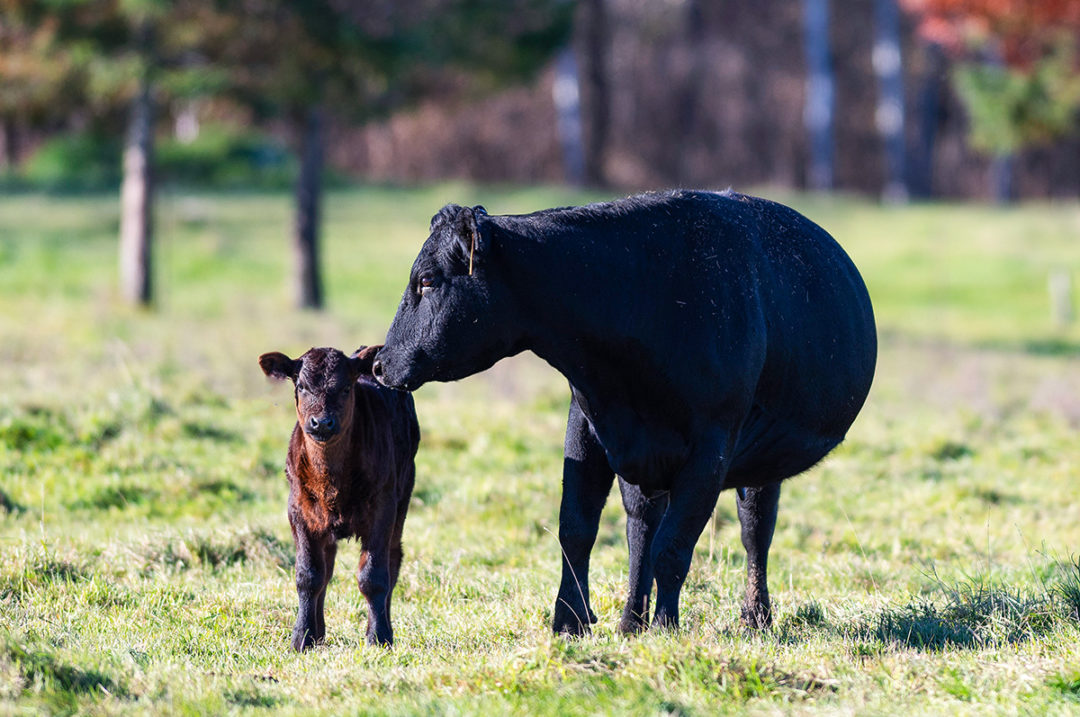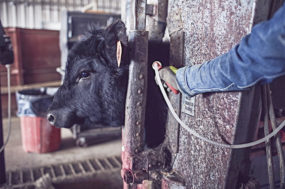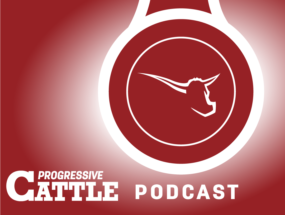The Functional Longevity (FL) research expected progeny difference (EPD) was released by the American Angus Association for breeders on Oct. 25. The trait’s purpose is to help further characterize relevant maternal traits and increase the long-term success of breeders and profitability of cow-calf herds.
At its most basic, FL looks at how long a sire’s daughters can be expected to stay in the herd, as well as how many calves they will produce during their lifetime. The unit of the trait is number of calves produced by 6 years old. A higher EPD means, on average, sires’ daughters are predicted to produce more calves by 6 years old, compared to a lower EPD.
A research EPD – which FL is, for the time being – is a prelude to a production EPD. Research EPDs require less frequent updates than their production counterparts but can be updated periodically as more data flows into the database. Once enough data is collected and the evaluation is determined to be robust enough, the research EPD can be moved to production.
The Angus Genetics Inc. (AGI) research team, which conducts the breed’s development of EPDs, leveraged the dataset from Angus Herd Improvement Records Inventory Reporting as a basis for building the FL EPD.
In a statement from Angus Communications, AGI geneticist Andre Garcia said two big difficulties with the FL EPD model were using as much breeder-collected data as possible without sacrificing EPD accuracy and the trait’s relatively low heritability.
"Some people may ask, ‘Heritability is low, so what’s the point?’” Garcia said. “But there is a point. You’re not going to make genetic progress as fast. However, as soon as you start, the more progress you can accumulate over time."
With its current status as a research EPD, FL will not be incorporated into the maternal weaned calf value ($M). Research is ongoing to determine how the EPD could potentially play in $M when FL moves to a production stage in the future.
Read the research report for the FL research EPD.









